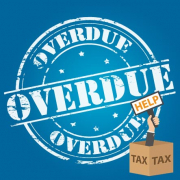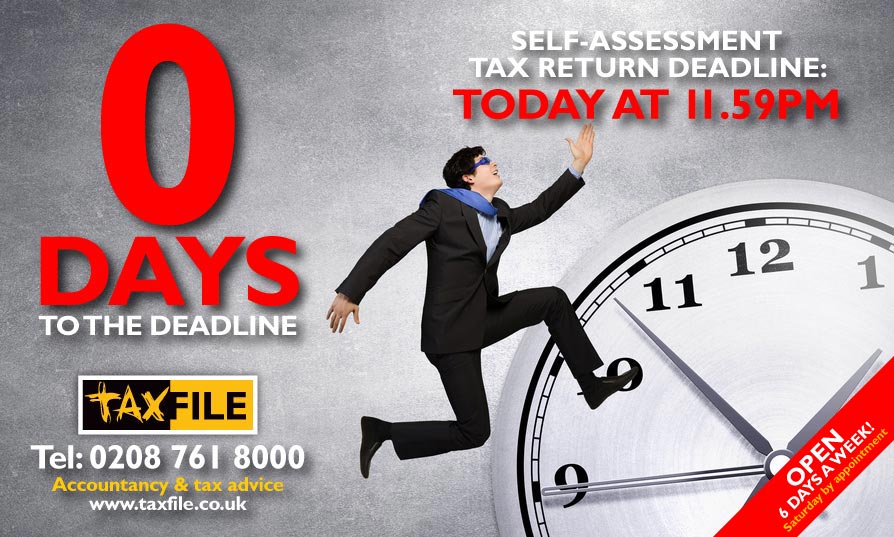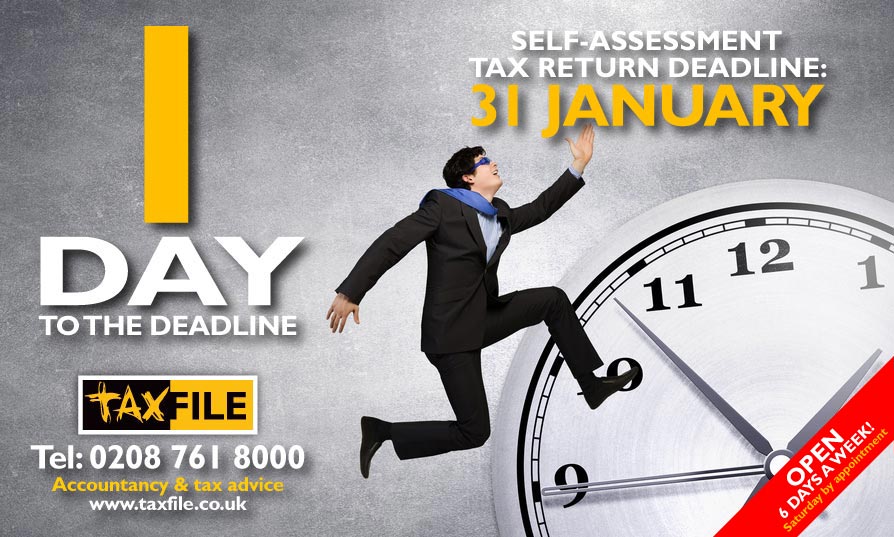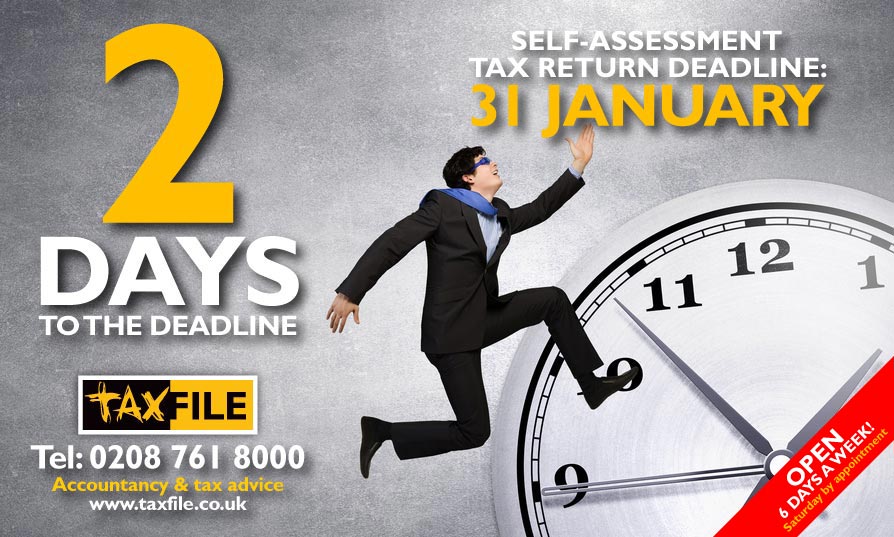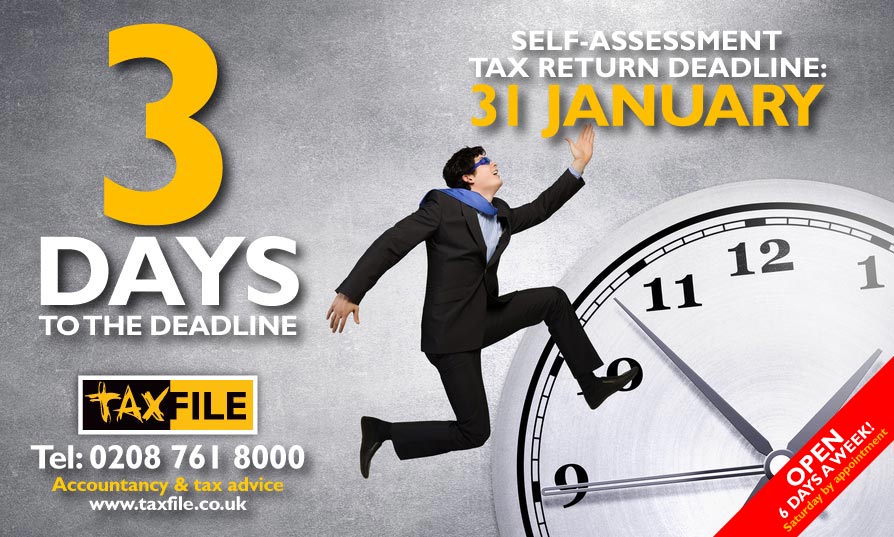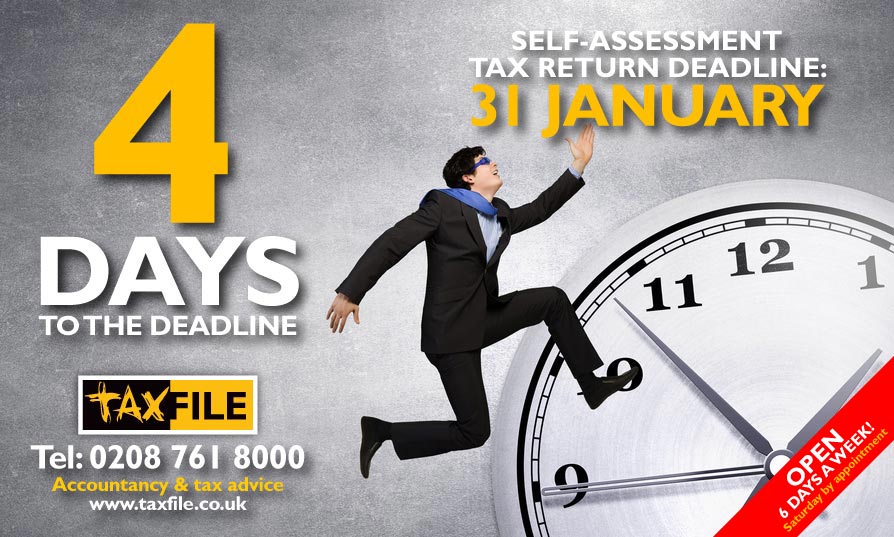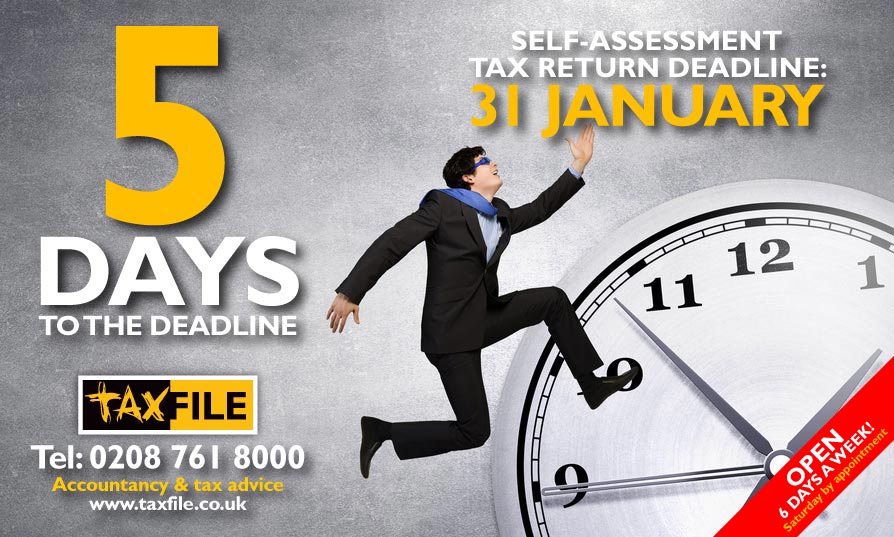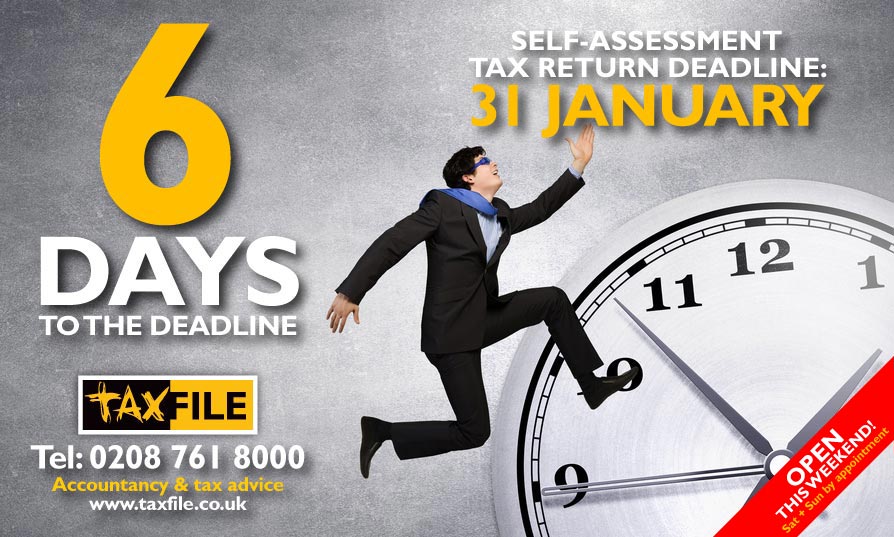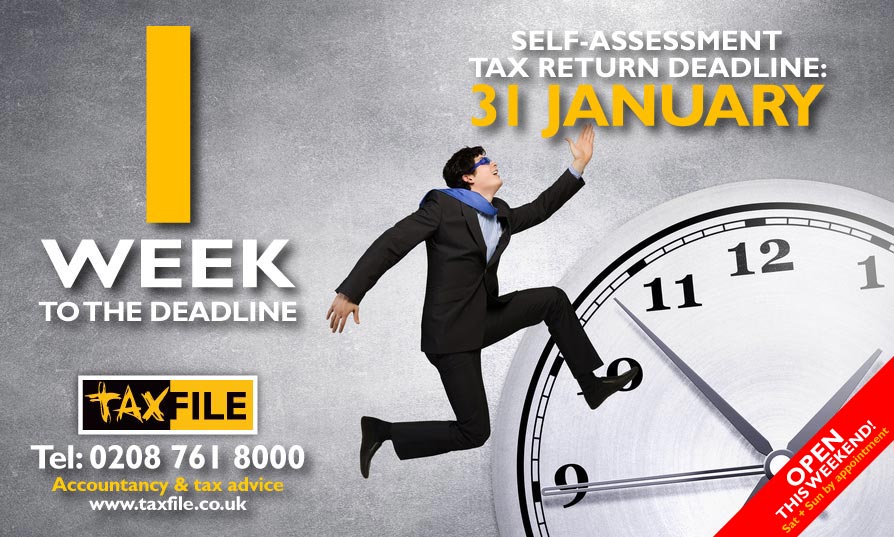Missed the Tax Return Deadline? What Happens Now?
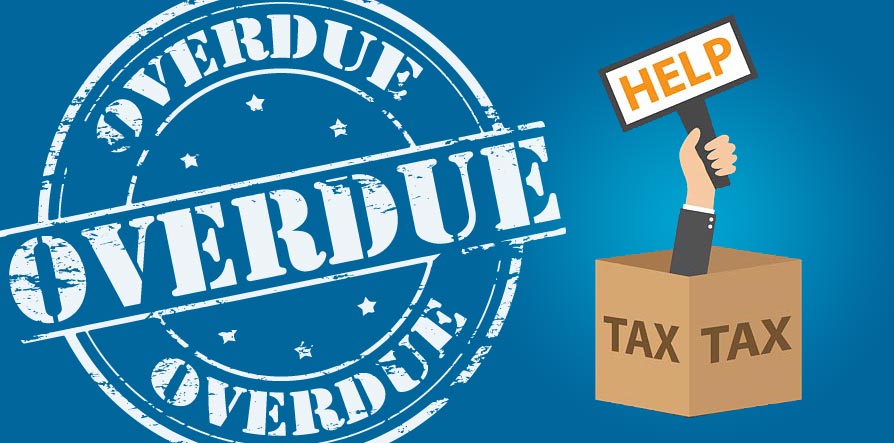
[Updated 1 February 2026]: If you missed the 31 January deadline to submit your self-assessment tax return, you are now into the penalty stage. HMRC applies an automatic £100 penalty to those who are anywhere from 1 day to 3 months late. Further penalties are then added if you take even longer to comply. It’s even worse if you haven’t paid the tax owed to HMRC by 31 January because you’ll then owe interest on that too.
Our Advice if You’re Late
If you are late submitting your tax return and/or paying the tax owed, our advice is to:
- submit your tax return without delay;
- pay as much tax as you can as soon as possible*.
By doing both, you’ll minimise the penalty and interest payable to HMRC.
* Payment of any historic tax for 2024/25 and prior years is best dealt with by the last day of February at the latest. Any amount that remains due for 2024/25 is considered late thereafter and will attract an automatic HMRC charge of 5%.
What if you Cannot Pay?
If you cannot pay, or have tax arrears, it’s important that you demonstrate to HMRC that you’re paying as much as you can — and as regularly as possible. The good news is that HMRC has a quick and easy facility for exactly this purpose. By calling 0300 200 3402, you can pay using a debit card. It takes only minutes and doesn’t require any explanation — give it a try!
You will need your tax reference and, after making a payment, will be given a payment reference.
Possible Excuses for Late Tax Returns
What are your options if there were genuine reasons, beyond your control, that stopped you being able to submit your tax return on time? Well, if you “took reasonable care to meet” a deadline and there was a genuine reason why you were late, you have the option to appeal. However, your circumstances must fit HMRC’s eligibility criteria. Let’s take a look at those below.
Circumstances that are taken into account by HMRC when considering appeals include:
- if a close relative or partner died shortly before the tax return or payment deadline;
- if you had to stay in hospital unexpectedly;
- if you had a life-threatening or serious illness;
- if your computer or software failed at the time you were preparing your online return;
- if HMRC’s online services were disrupted;
- if you were prevented from filing your return or paying your tax because of a fire, flood or theft;
- if there were unexpected postal delays;
- if you have a disability of mental illness that affected the delay;
- if you misunderstood your legal obligation, or were unaware of it;
- if someone you’d appointed for the task (e.g. accountant or tax adviser) failed in their obligation on your behalf;
- and occasionally other reasons which, if genuine, HMRC may deem to be relevant (for example, some Covid-related circumstances).
Excuses that aren’t usually accepted by HMRC include:
- you didn’t receive a reminder from HMRC;
- you found HMRC’s online system too difficult to use;
- your cheque bounced or payment failed due to you having insufficient funds;
- you made an error on your return.
Appealing Against an HMRC Penalty
You have the right to appeal against HMRC’s decision to issue you a penalty so long as it’s appealed soon enough after the penalty notice. That includes penalties for late tax returns or payments. Taxfile can help advise you about all of that (see below).
Taxfile are Here to Help
If your tax return is late, you owe HMRC tax, or are owed a refund by them, come and see us as soon as possible. Taxfile are accountants and tax advisors in Tulse Hill, South London. We’ll help to sort it all out for you with the minimum of fuss, at a competitive price. Come in as early in the month as you can and we’ll help you to sort things out — for the best possible outcome. We know the rules and liaise with HMRC every single day on behalf of our clients. So, if we can help convince HMRC to reduce or completely remove any penalty you may be facing, we will do so, so long as your circumstances fit the relevant HMRC criteria. You can only appeal within 30 days of the date of any penalty notice you receive, so the earlier you contact us the better – give us a call on 020 8761 8000 or fill in this short form and we’ll take it from there. Alternatively, book an appointment with one of our expert tax advisors to chat things over, without obligation. Payment plans called ‘Time to Pay’ arrangements may also be available for eligible people who cannot to afford to pay their tax in one lump sum — Taxfile would be happy to tell you more.

